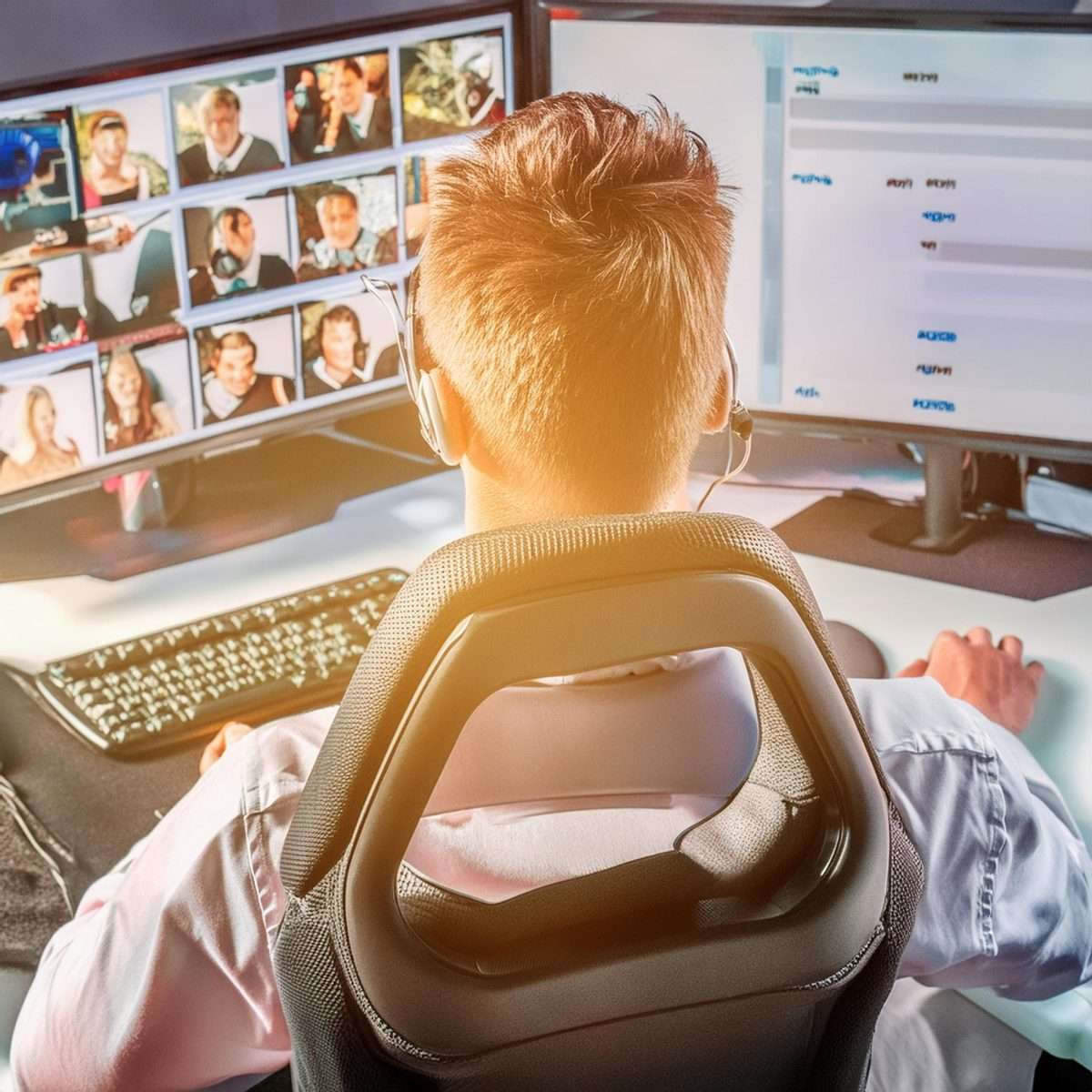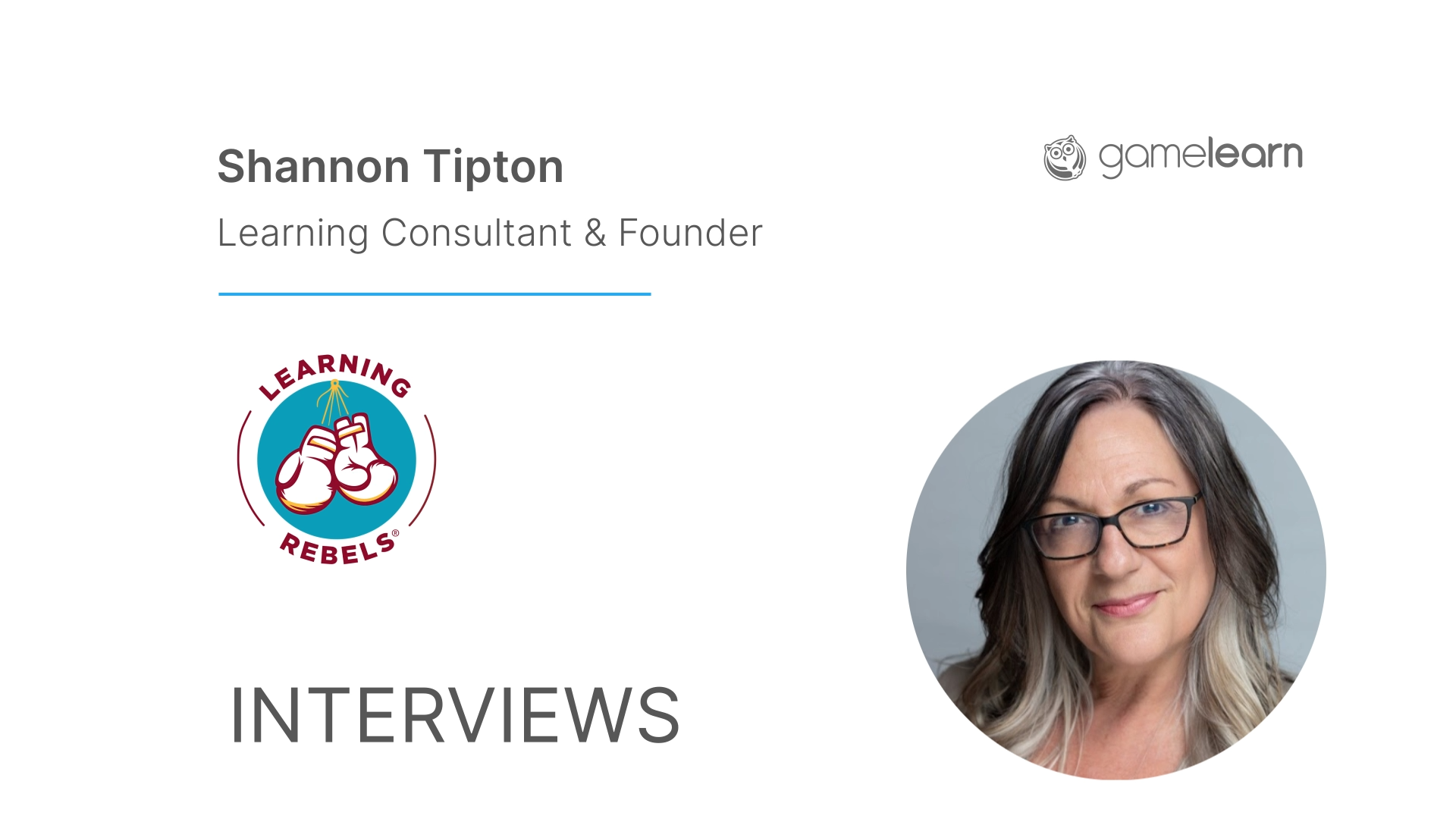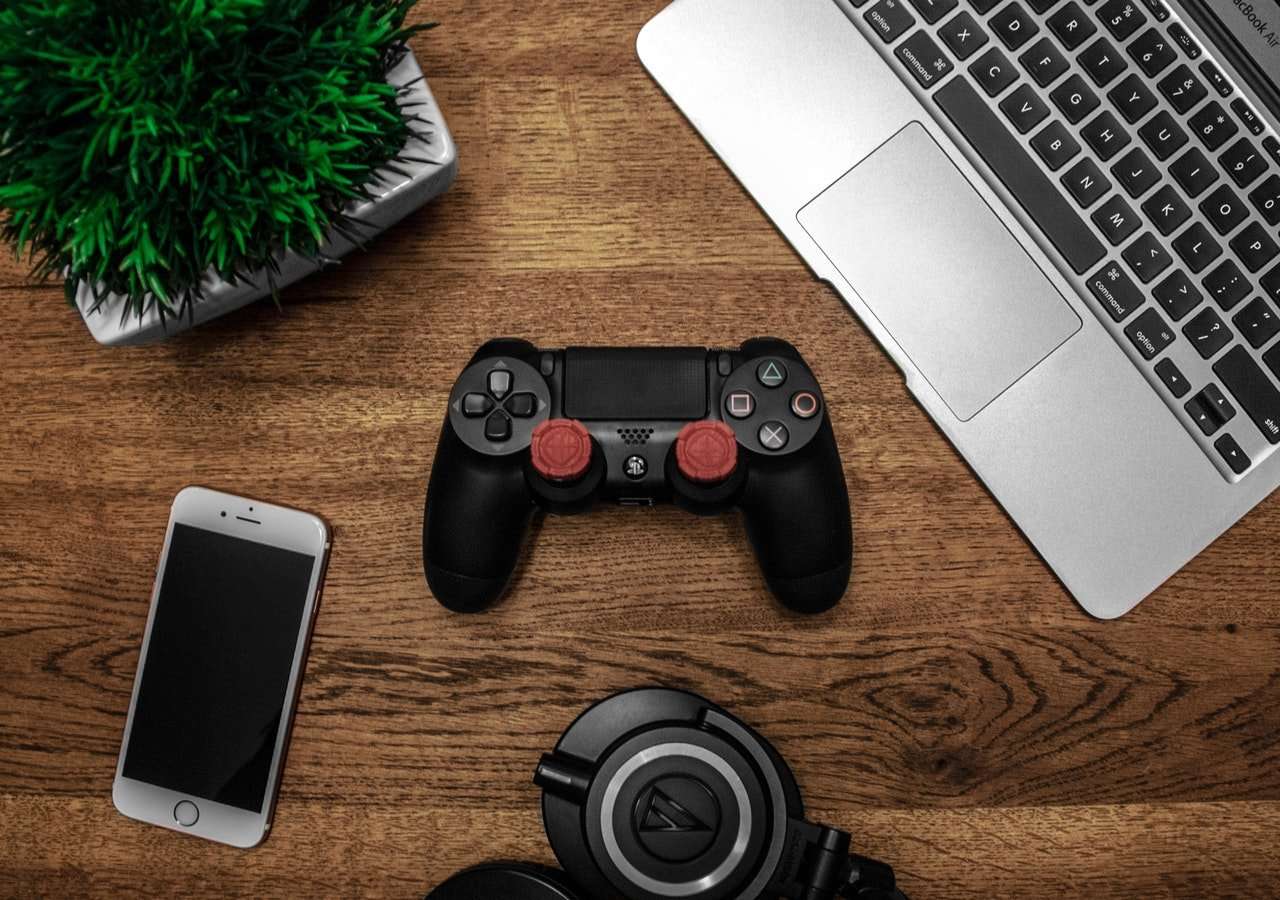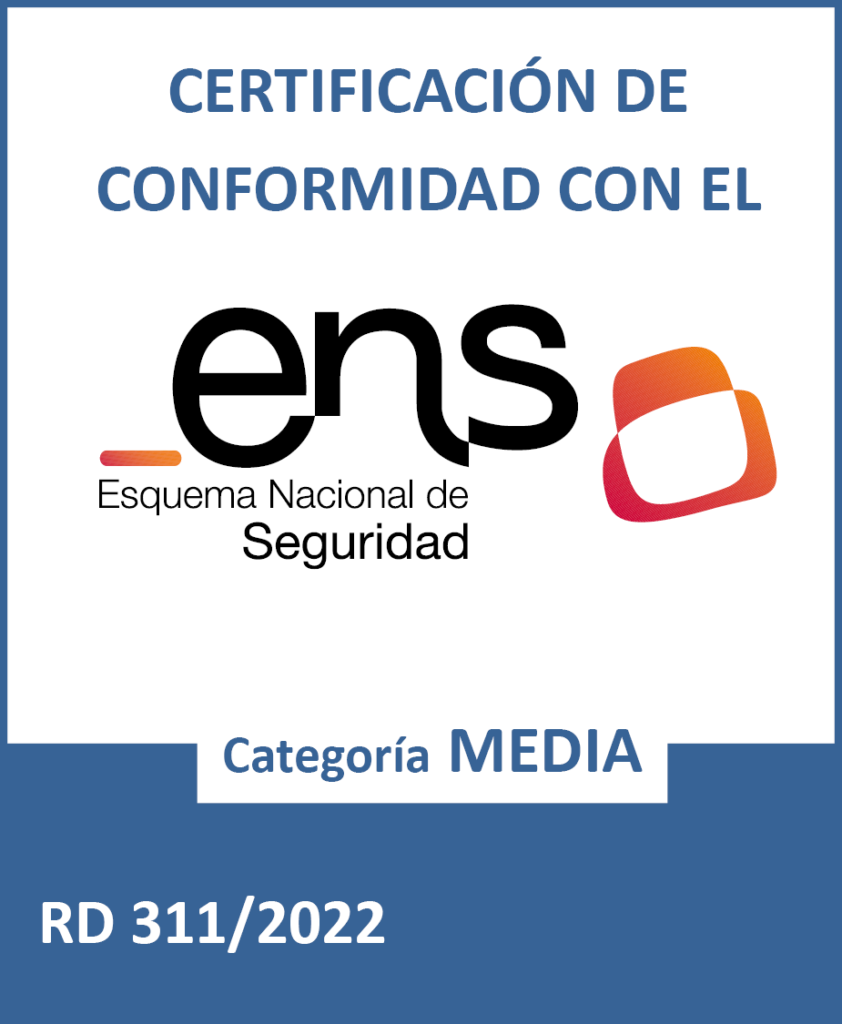The training sector continues to experience a significant expansion, especially with regard to the serious games market. Mobile platforms substantially contribute to this growth and its adaptation to changing times.
The booming market of serious games
Virtual reality has been a part of our daily lives for quite some time now. Also, the serious games market is experiencing exponential growth in its two main sectors: education and business. The high demand for gamification products does nothing but confirm this.
The term serious games has been widely studied by experts. As the market for these game-based learning tools spreads, so do access platforms for them. Many of the serious games that are marketed are focused on the simulation for the learning beyond the business and education environments that we just mentioned, like the aerospace industry, the medical sector and public institutions.
A trend towards mobile devices
In an increasingly digital world, it is only natural to have access to these products from different platforms and at any moment. The potential of serious games in the market is huge, especially because of high investment returns, a relative ease of development, the ability to attract many different users and their applicability in real life. These are certainly factors that support and contribute to the expansion of gamification.
Mobile learning is becoming a key element in the development of serious games, especially in North America. In that part of the world, revenues from the “mobile learning” industry are growing exponentially and mobile platforms are an increasingly demanded resource to meet the desires of training for businesses and educational organizations.
The recent trend towards mobile devices for the use of serious games can be attributed to a cultural shift in the way we learn.
It may interest you: 5 great benefits of game-based learning in soft skills training
Efficacy of serious games and mobile accessibility
One of the appeals of serious games is the interaction they provide among their participants. The training experience lies not only on the screen but on the challenges offered by this game-based learning method. When this methodology includes the practical aspect, serious games have proven to be equally or even more effective than traditional ways of learning. The accessibility and convenience offered by mobile devices can really be an advantage over computers and static equipment. More than that, mobile devices somehow eliminate the barriers set by age (more and more people are becoming familiar with them) as well as many other obstacles.
The Maseltov Project case
Removing those barriers -in this case, cultural ones- is precisely the objective of an innovative European project about which we want to tell you today. The Maseltov project gives priority to the development of mobile applications to guide foreign citizens and help them integrate into their host countries. A solidary idea whose aim is to offer a counseling service through innovative resources, such as the translation of languages through the smartphone. The Maseltov project, designed in Spanish, English and Arabic and funded by the European Commission, also incorporates simulation games with training purposes to help foreigners, for instance, pass a job interview.
The future is mobile
The future of game-based learning, therefore, may very well be understood through the lens of mobile devices. The development of serious games for mobile devices is beginning to gain importance and obtain positive results. The impact will be greater as we witness an increase in gamified products designed to be accessible from smartphones. The corporate training industry is no stranger to this trend: the satisfaction of students and their willingness to “play” again turns serious games into a booming tool and mobile platforms into yet another instrument to further improve learning efficiency. Through smartphones and mobile devices (tablets, iPads, etc.) the development of skills and soft skills will be easier and more affordable than ever before.












